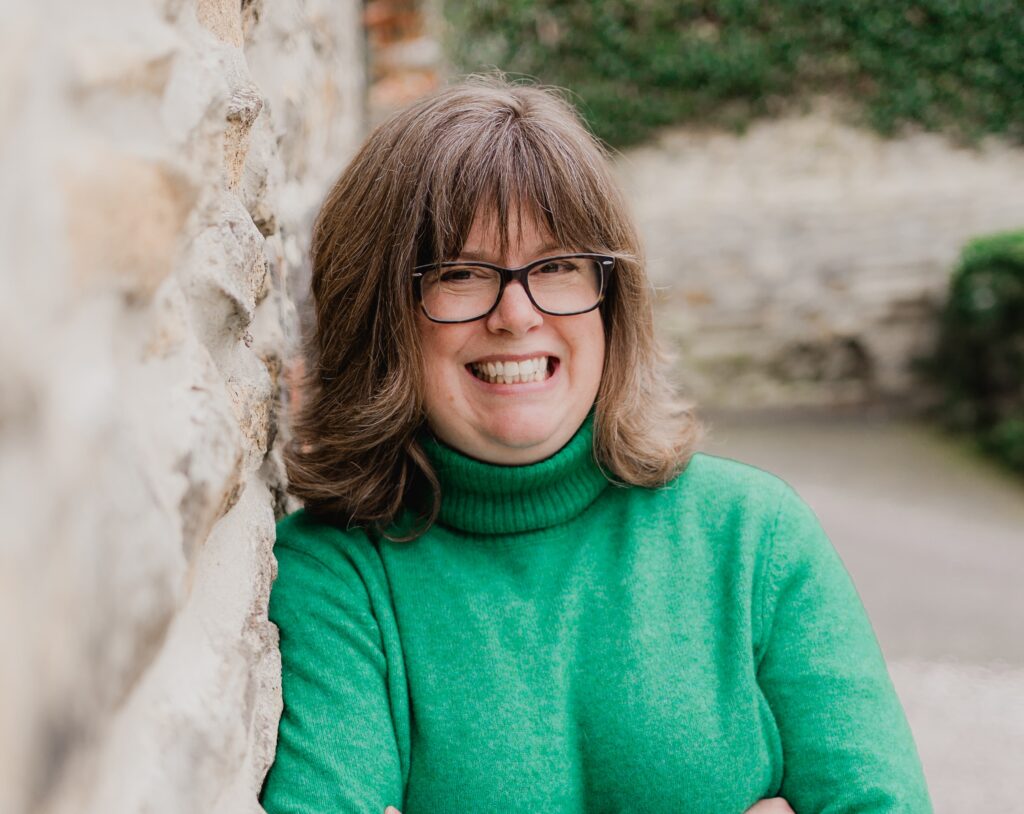Monday 14th April 2025
Yesterday, it was announced that an independent review will be conducted into the Paediatric audiology incident and NHSE’s improvement programme, which was set up to address it. You can read our response here: BAA Response to DHSC Review Announcement.
As we state in our response, we have raised concerns about the speed of the delivery of the review and the seeming inequity across the regions. However, as the announcements were published across the various social media platforms, what concerns me is how easy it is for those not involved to be very judgemental about our profession. I am only too aware of the review’s impact on so many of you. At no point do I, or the BAA, think any of the issues have been because of wilful poor practice. Going through the review, discovering that things may not have happened correctly across departments has shaken many people’s confidence, their sense of pride in their work and their professional identity. I have spoken to audiologists who have struggled to go to events and face their peers for fear of judgement. Whilst understandable, this is not OK.
None of these events happened because an audiologist couldn’t be bothered, didn’t care, or chose not to do a good job. That is the easy judgment to make for those who don’t understand. What has happened to us is far more complex than that. None of us should feel we are any better than another department or service, for it could be any of us in their shoes. All of us need to learn from this.
It can be much easier to deal with this if we have someone to blame, someone other than ourselves. In fact, for many Trusts, this is also the easy option—point the finger at an audiologist, move them along, and then all can go back to normal. However, I believe that route doesn’t serve anyone, doesn’t improve things, and doesn’t teach any lessons—everything is swept under the proverbial carpet. Let’s look to those amongst us who are striving to make genuine improvements, for there are many of them.
I also don’t think we are making a mountain out of a molehill or overreacting because ‘much worse things are happening in healthcare’. Undeniably, there are children out there whose lives are not going to be what they should have been as their diagnosis of hearing loss was too late or their management was not to standard.
It still is hard work. There are multiple pressures on the profession currently; what feels like a torrent of demands to do more, train more, and see more patients. BAA is committed to supporting this independent review in the hope it gets us further along the path to improving paediatric audiology and the profession as a whole. Where we can, we will share examples of the increasing number of examples of good practice, amazing improvement work and innovation that we see happening across the UK.
As I mentioned in my last blog, we had the opportunity to be in the room for the first All Party Parliamentary Group (APPG) on Deafness at the beginning of the month. Part of that outcome was a workstream looking at Audiology pathways within the NHS. We are proud to be invited to be involved in that together with the Vice Chair of the group, the MP Peter Prinsley, and the RNID. I hope you all recognise this as a commitment from BAA to influence the future of our profession in every way we can.
We continue to be more open about many aspects of our work on your behalf. To this end, we will share some insight into the meetings we are invited to participate in. You can read about our April meetings, including one with Professor Sir Stephen Powis and Professor Dame Sue Hill and also our first APPG meeting. If you scroll down the page, we also include overviews of our Exec Board meetings, which are held monthly: BAA Board Meetings.
As always, you can contact me or any of our board directors here: admin@baaudiology.org
Take care
Claire
BAA President
Interested in joining a committee? Complete this, please: Expression of Interest form
Read our Joining a BAA Committee Policy

